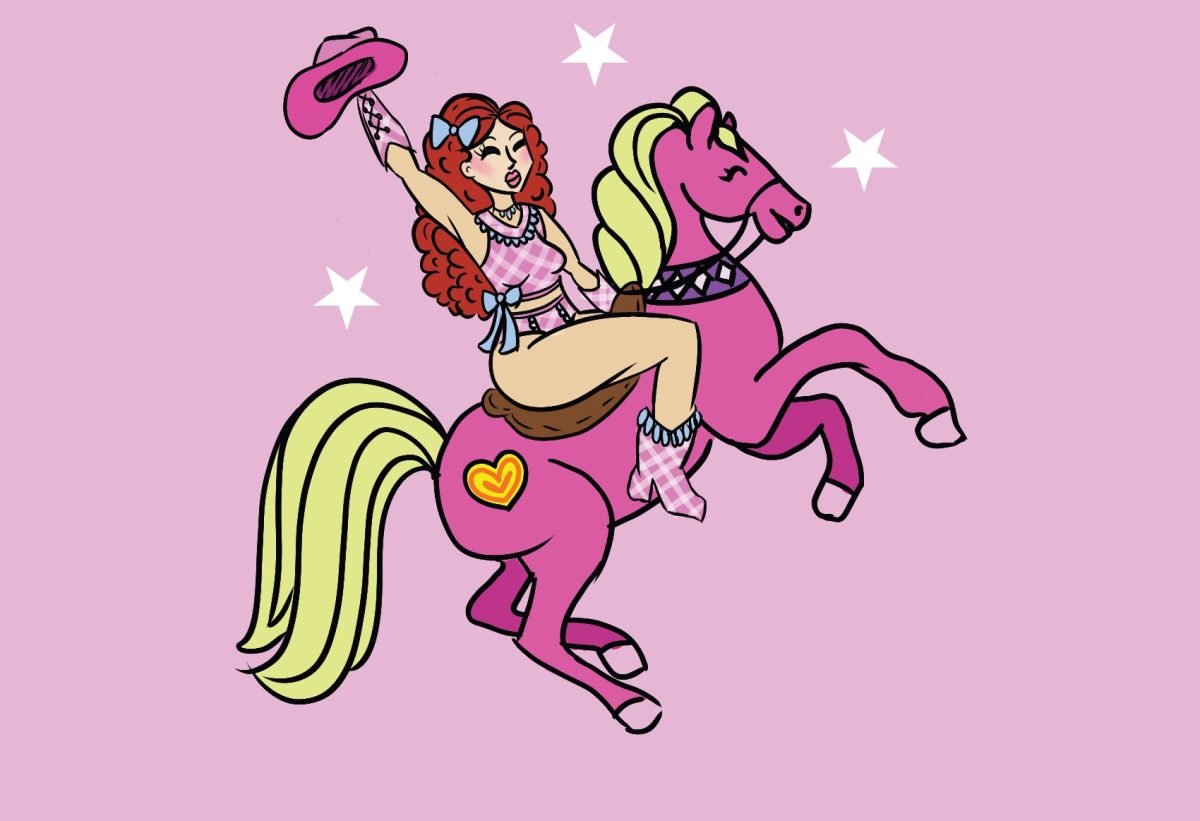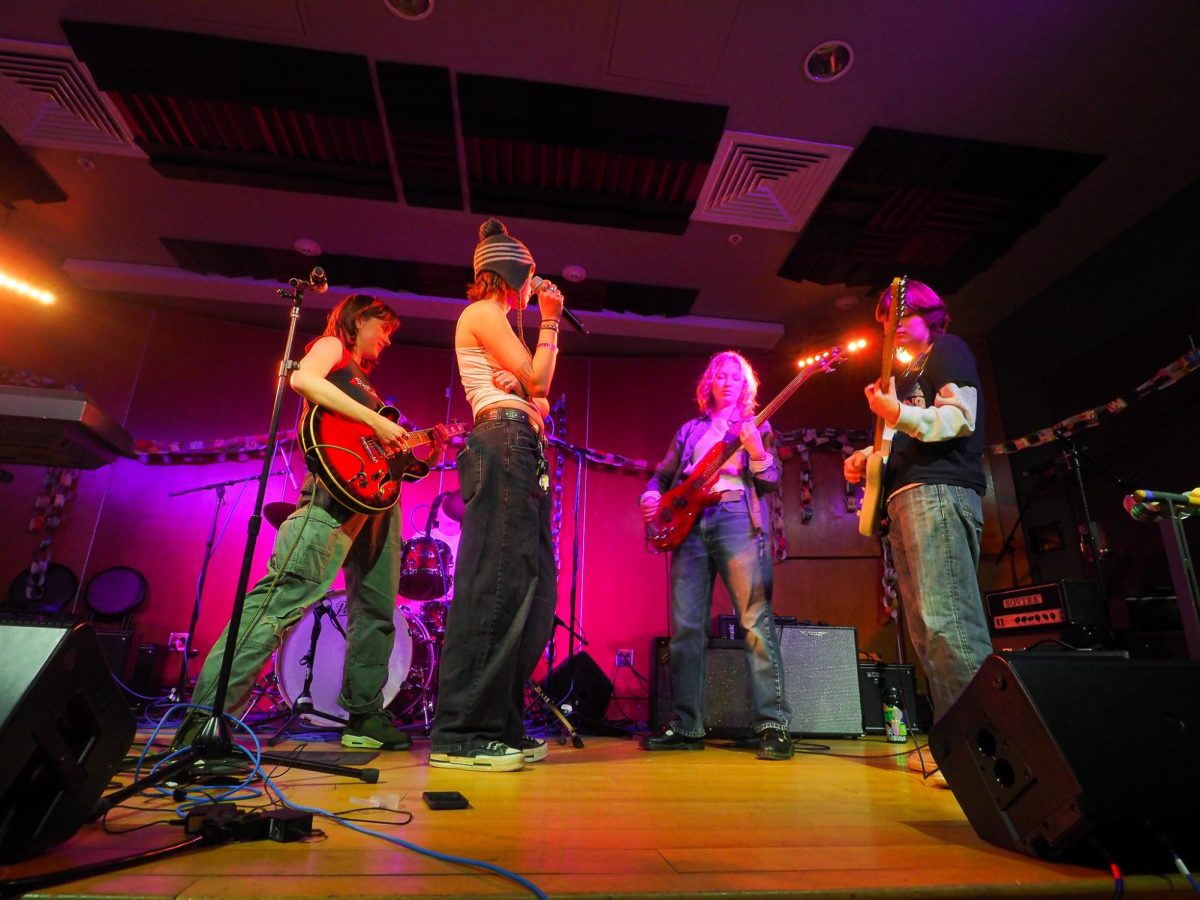Hookup culture has some nasty bedfellows, including how people boast about their sex lives.
Recently, I’ve noticed the constant hinting comments people make about how much sex they have, whether subtle winks and nudges or straight-up gloating. Sometimes I laugh, but usually, I fake gag because the joke grosses me out.
And I know I’m not alone: I see the expression on my friends’ faces turn to disgust when someone cracks an exceptionally lewd reference to their sex life at the Grundle dinner table.
Talking about sex isn’t bad. Healthy communication about sex can lead to feeling better about yourself and knowing yourself better, according to an article in Psych Alive article.
But the line between openly discussing sex and gloating about hookups is easy to cross.
Jenna Emerson, a health and sexuality educator at UVM, described the differences between healthy communication and bragging about sexual activities.
“So many words mimic war language, military language. When we hear body count, we think okay this is the number of people you’ve had sex with […] but also it’s how many people you’ve killed in a war setting,” Emerson said.
Essentially, when people talk about sexual acts they often use war-like language which brings an element of violence into communication about sex.
This use of language takes the connection out of hooking up, making it more of an act than an experience.
“Is [sex] between people or something you do to somebody?” Emerson said.
The pitfalls of hyping up one’s sex life go further than just grossing out your friends.
Sophomore Madison Jackson added her perspective on the negative aspects of boasting about sexual acts.
“Bragging culture […] makes people think they should participate in sexual acts,” she said.
Constantly boasting about your sexual exploits can lead those around you to think they need to be engaging in hookups more often to fit into the culture, she said.
“It’s a feedback loop; even the people who do feel good about themselves start to question it if they aren’t bragging about it constantly,” said sophomore Tim Hayden.
Many factors induce individuals to boast about their hookups.
“Social status […] for men, it looks typically like there’s gain that they could have, they could have a higher status,” Emerson said.
For women and LGBTQ+ individuals, bragging about how much sex they have holds negative consequences through avenues like slut-shaming.
Additionally, boasting allows men to connect with each other and receive admiration from one another. Talking sexually about whoever they are with is also a way to avoid expressing emotions for that individual.
“This is a very socially acceptable conversation to have, for men to have with each other,” Emerson said. “Typically men or people socialized as men can only have three emotions that are socially acceptable: anger, horniness and victory.”
Hayden noted that insecurity also influences bragging culture.
“I think people are inherently insecure, and I think that most of us go around filling in these insecurities with other people […] bragging is a way to take it a step further and project it onto other people,” Hayden said.
Fixing the problem of bragging culture will come from dealing directly with its causes.
“We just need to try and lift each other up as well as look inside ourselves,” Hayden said.
If you start to feel peer pressure to get more play, recognize that the people bragging excessively about their hookups are ultimately dealing with insecurities.
Don’t let the toxic qualities of hookup culture make you feel like you always need to engage in sexual exploits.







